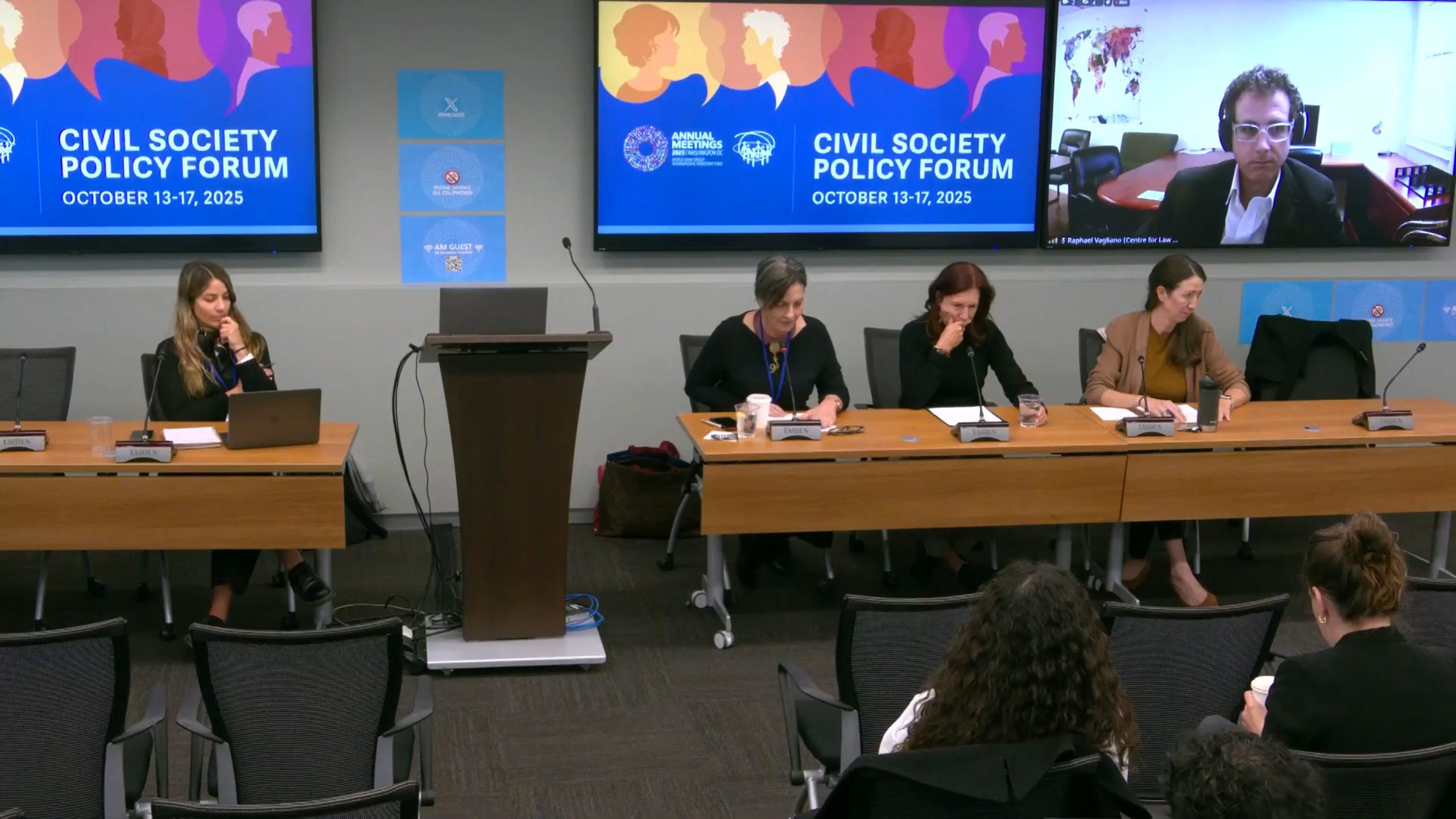IFC Access to Information Policy: Making the World’s Largest Private Investor More Open

The International Finance Corporation (IFC) is the part of the World Bank Group that invests in private businesses all over the world. Think of it as a huge global bank for private projects.
The IFC is currently reviewing its rulebook, called the Sustainability Framework. This is a big deal because these rules, which include the Performance Standards (on environmental and social issues) and the Access to Information Policy, don’t just apply to the IFC’s own projects. They are also adopted by about 120 other financial institutions globally!
The last time this critical rulebook was updated was way back in 2012. Since then, a lot has changed, and many believe the IFC’s current Access to Information Policy is now outdated and behind the best standards used by other institutions.
In response to this review, the Arab Watch Coalition (AWC) took the lead in convening a working group of civil society organizations to coordinate advocacy for these necessary changes.
To fix these problems and make the IFC more transparent, a group of civil society organizations (non-profits and advocacy groups) submitted a detailed policy paper to the IFC team and organized a special session during the recent World Bank Annual Meetings.
Here are the top 10 recommendations for a modern policy that serves the public interest:
🔑Opening Up the IFC
The main goal is to shift the IFC’s approach from “Keep it secret unless we say otherwise” to “Disclose everything unless there’s a very good reason not to.”
- Adopt a “Presumption of Disclosure” (The Rule is Transparency)
- The policy should start with the clear principle that all information held by the IFC must be released.
- Any exceptions (reasons to keep information secret) must be laid out in a clear, short, and exhaustive list.
- Apply the “Harm Test” on the exceptions: An exception should only be used if disclosing the information would likely cause specific, serious harm to a protected interest (like a company’s trade secret), and only if the public interest in seeing the information doesn’t outweigh that harm.
- Proactively Release Key Information
The IFC shouldn’t wait for people to ask. It should automatically post certain critical information, including:
- Details on how it uses its money to mobilize private capital (encourage other banks to invest).
- Proof that its investments align with climate goals, including Greenhouse Gas (GHG) emission analyses.
- Crucially, information on the sub-projects it finances through commercial banks and other financial intermediaries (this is where transparency is often completely missing today).
- Disclose Documents Earlier
- Important documents for a project should be made public at the same time they are sent to the IFC’s Board of Directors for approval.
- Currently, these documents are often only released after the Board has already made its final decision, making public input useless.
- Be Clear About the Policy’s Rules
- The IFC needs to release more information on how it interprets and implements the policy, including any internal guidance it gives to staff.
🖥️ Improving Access and User Experience
These recommendations aim to make the process of asking for and finding information much simpler and more accessible:
- Modernize Information Requests
- The system for requesting information should be updated to allow for different, accessible ways to submit requests (e.g., online forms, email, and simple letters).
- People should also be able to specify how they want to receive the information (e.g., as a PDF, a spreadsheet, etc.).
- Provide Clear Reasons for Rejections
- If the IFC rejects a request for information, it must provide a clear, detailed explanation of what specific harm the disclosure would cause and which legal exception it is using.
- Report on Appeals
- The IFC should regularly release reports on all rejected requests that go through the two levels of appeal, including the decisions made at each level and the reasons (legal interpretations) behind those decisions.
- Keep the Website Up-to-Date
- All disclosed information on the IFC’s website must be regularly and promptly updated.
- Make the Website User-Friendly
- The IFC’s website needs an overhaul to be easy to navigate. Project documents should be viewable by project name, not just by the date they were posted.
- Use Local Languages
- The most important project-related documents should be disclosed not just in English or French, but also in the local languages of the communities that are actually affected by the project.
